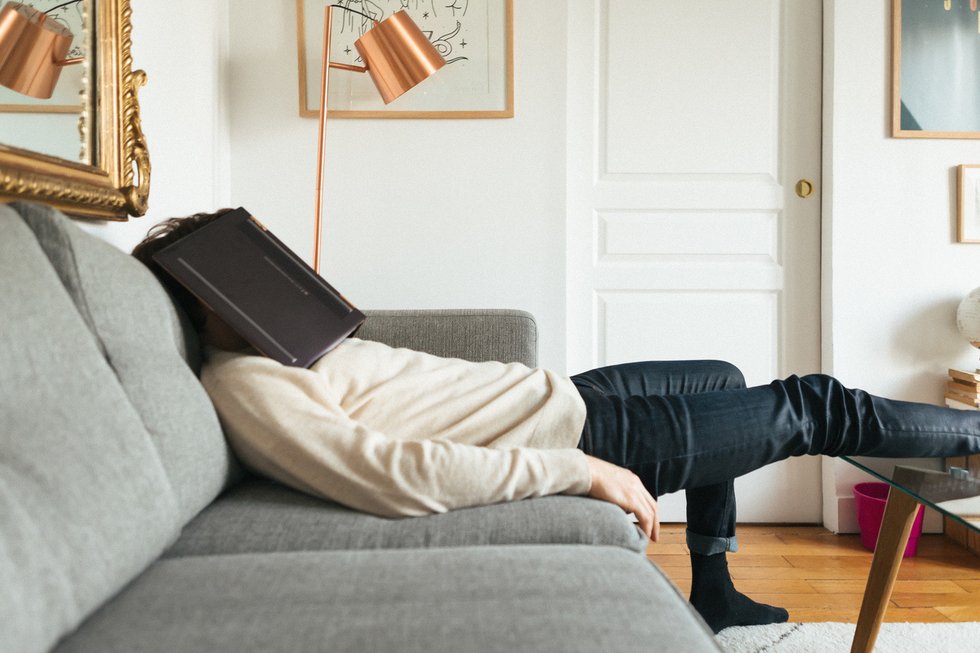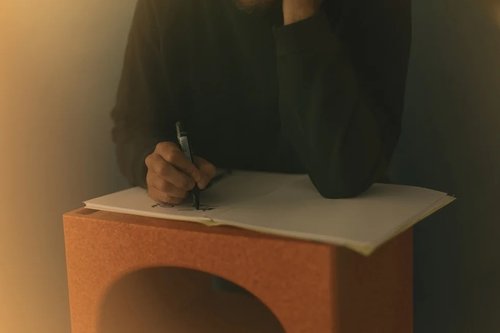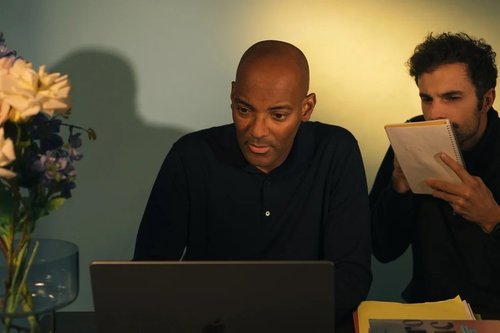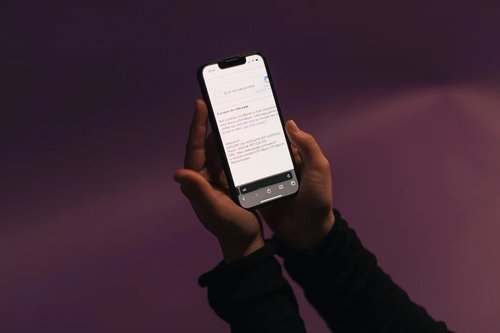Rise and Shine: Does More Sleep Improve Work Productivity?
Oct 28, 2019
4 mins


Redactor freelance especializado en tecnología y startups
Sleep deprivation is becoming increasingly widespread—so much so that it is now recognized as a public health epidemic. An international sleep study carried out by Aviva in 2016 revealed that British adults are the most exhausted, with more than a third (37%) saying they don’t get enough sleep, closely followed by those in Ireland, Canada, and the US. Not getting enough sleep affects our concentration, our creativity and our mood: it is a recipe for disaster when it comes to work performance. So if we want to improve our productivity and happiness at work, is it enough to just sleep more?
Why don’t we get enough sleep?
There are no prescribed hours of sleep. The amount we need depends on our age and our overall physiology, among other factors. The National Sleep Foundation recommends between seven and nine hours of sleep a night for those between 18 and 64 years old. But a high percentage of us fall well below this bracket. Why is this happening? For 45% of Brits, it’s due to stress and worry, according to The Sleep Council’s Great British Bedtime Report 2017. Then there’s the high pressure, “24-hour” society we live in. And popular streaming services like Netflix are also eating into our sleep time.
This problem has intensified with the use of smartphones. It used to be the television that kept us awake more than it should; now it’s the last-minute checking of social media feeds that can lead to hours of late-night scrolling. The National Center for Biotechnology Information reported that 62% of American teenagers take their cellphones to bed and 37% continue texting after “lights out”. Numerous studies show that using a cellphone before bed substantially increases the time it takes us to drift off. The blue light emitted by screens alters our circadian rhythms (physical and mental changes that happen daily), blocks the secretion of melatonin (the hormone that regulates sleep cycles) and confuses our brain, which leads to an alert state when we should be feeling sleepy.
How lack of sleep affects your work
It is important to acknowledge that sleep is as vital as water and food for the body, and that lack of sleep can lead to serious consequences. These range from the impact on our health, including an increased risk of heart disease, forgetfulness, and even memory loss, to day-to-day problems, such as the fact that we are more likely to make serious mistakes.
There is also a direct correlation between our quantity and quality of sleep and our ability to learn new things, to concentrate and to absorb information. And so, sleep deprivation affects your work in the following ways:
Lack of concentration
Starting off the day with a sleep deficit considerably reduces our concentration levels. It makes us less capable, less decisive, and lowers our attention span—we get distracted because it’s more difficult to stay focused when we are tired.
Memory loss
Insufficient sleep reduces the amount of information that we actively store in our brains at any given point, leading to significant memory deterioration. In a work environment, this means forgetting tasks that we had pending, or requests from coworkers and bosses. In short, a lack of sleep makes us inefficient workers.
Reduced productivity
If a lack of concentration and memory loss has us jumping from one task to another, the direct consequence—and perhaps the most visible—will be our inability to be productive on a day-to-day basis. In the best-case scenario, this lack of productivity will cause delays; in the worst-case scenario, it will result in unfinished or poorly resolved tasks. Ultimately, this can lead to problems for the company and can even impact our professional careers.
Five tips for a healthier sleep pattern
Do you think you have a sleep problem? Don’t worry, it’s never too late to improve your sleep, which can boost energy levels and work performance. Make a note of these tips:
- Move your phone away from your bedside table. If you’re not sure that you have the discipline to ignore your cellphone after a certain time, take advantage of the tools that already exist on smartphones. Use apps to set a maximum daily usage time, or an interval when all phone usage is restricted. Alternatively, this stringent measure can be just as effective: simply leave your cellphone in the living room, far away from your bed.
- Establish routines. Going to sleep and waking up at the same time every day creates a routine that will help you to fall asleep easily and avoid restless nights. In the same way as you organize your living room or office, it’s important to organize your daily routine.
- Keep an eye on your caffeine intake… And the “theine” that’s typically found in types of tea. Also be careful with alcoholic beverages, or for that matter, any drink that could be considered a stimulant, such as energy drinks. Do you ever think twice before having that evening cup of coffee? Well, maybe you should, bearing in mind that the effects of caffeine on the body can last up to nine hours—that’s enough to ruin your night.
- Read… on paper. Replacing a harmful habit with a harmless one is a highly recommended practice. If you are accustomed to getting into bed with your eyes glued to your phone, how about exchanging the screen for a book? E-book readers are acceptable, but not tablets or cellphones. This is because E-readers don’t emit blue light while the others do. There’s more: with an E-reader, we are limited to just reading, but mobiles bring us dangerously close to other apps (think Black Mirror).
- Prioritize sleep. An average day consists of a multitude of tasks. We try to fit in as many as we can, even if this means taking care of them late in the evening. The reason is that we consider the hours we sleep to be a necessary evil, rather than a necessity that shouldn’t be compromised. Try to think of bedtime as sacred; put simply, it’s a well-deserved investment in yourself.
Translated by Sunita Maharaj-Landaeta
Photography by WTTJ

More inspiration: Productivity & tools

Goal setting: How to bounce back when you feel like a failure
The big F word ... Failure. We all face it, but here’s how to make it your secret weapon for success.
Dec 18, 2024

Productivity boost: Why mental health outshines long hours
Long hours don’t equal better work. Discover how mental health support can unlock productivity and time efficiency in the workplace.
Nov 28, 2024

10 fun ways people are using AI at work
While many use AI for basic tasks like grammar checks or voice assistants, others are finding innovative ways to spice up their work days.
Nov 05, 2024

12 Slack habits that drive us crazy
Slack is a top messaging platform, but coworkers can misuse it. Over-tagging and endless messages can make it frustrating ...
Oct 16, 2024

10 CareerTok creators you should be following
Looking for career advice? CareerTok has quick tips from real experts on interviews and job offers.
Sep 25, 2024
The newsletter that does the job
Want to keep up with the latest articles? Twice a week you can receive stories, jobs, and tips in your inbox.

Looking for your next job?
Over 200,000 people have found a job with Welcome to the Jungle.
Explore jobs